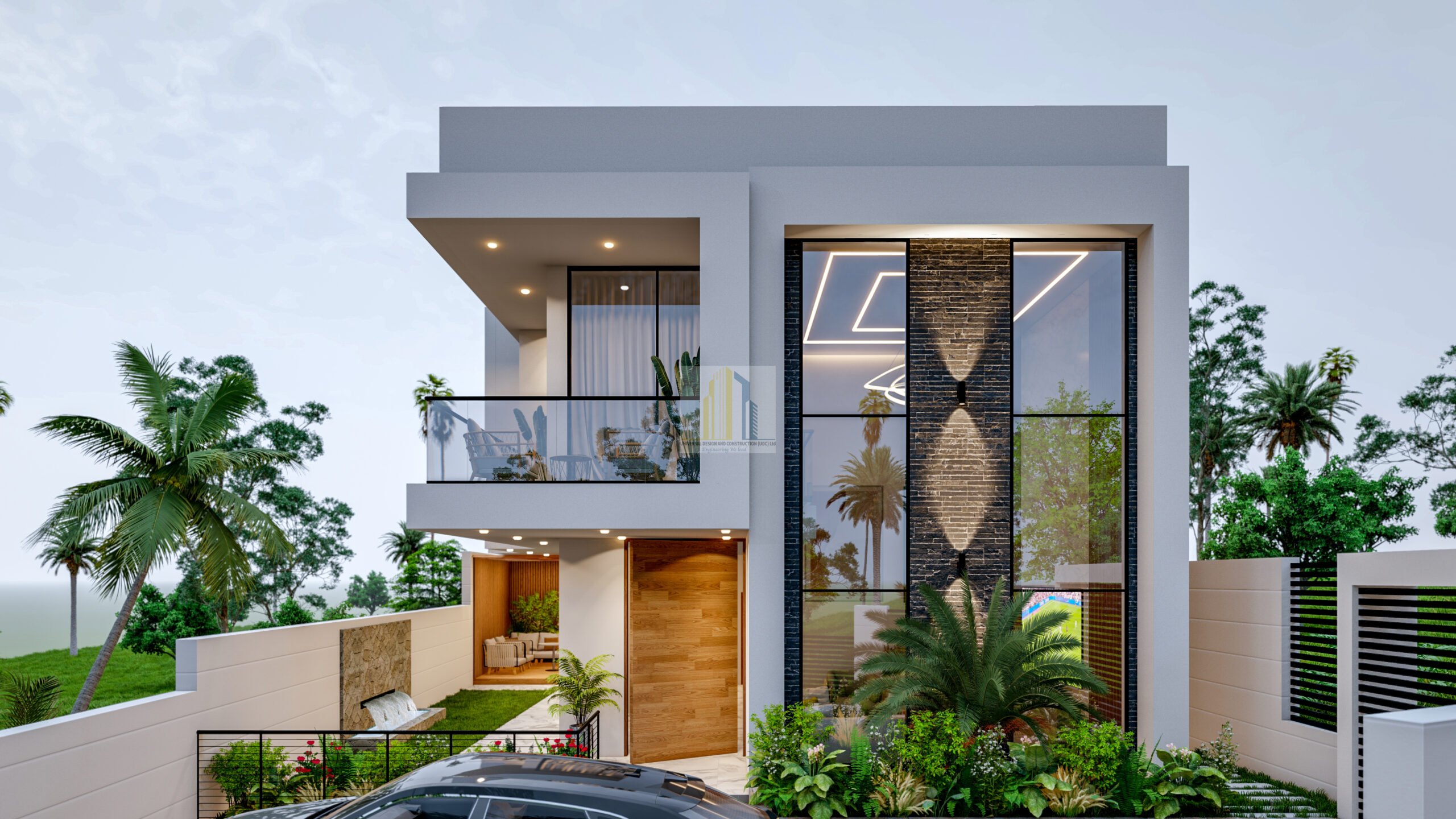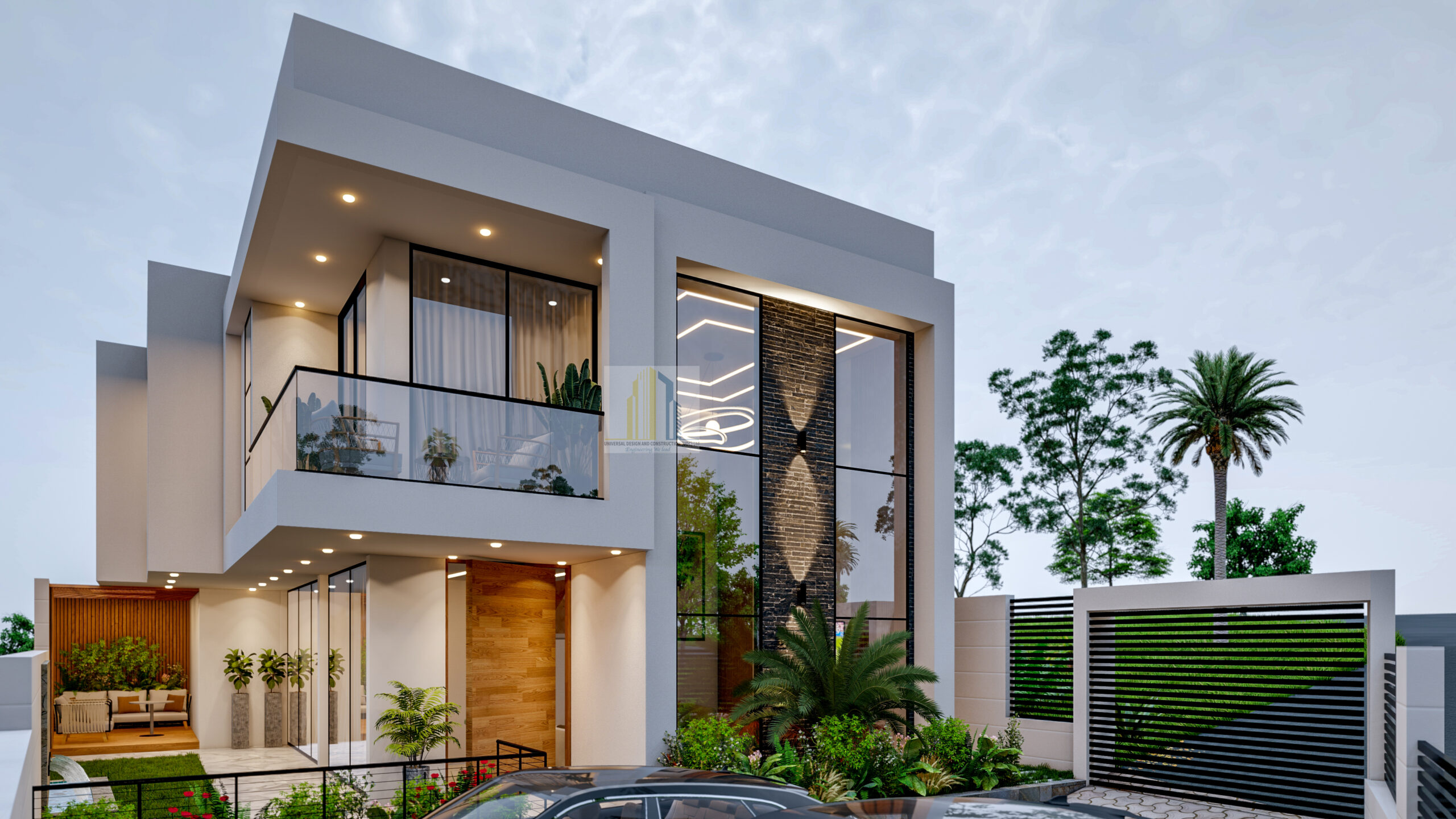The construction industry in Rwanda is undergoing an exciting transformation. With a growing demand for residential, commercial, and infrastructure projects, the sector has seen remarkable advancements in both design and construction. This development is driven by the need to accommodate a rapidly urbanizing population, as well as the government’s efforts to improve the country’s infrastructure. For anyone interested in construction in Rwanda, it’s crucial to understand the factors that are shaping the industry’s future, particularly the rise of sustainable building practices and the key players driving this change.
The State of Construction in Rwanda
Rwanda’s construction industry is rapidly expanding, with Kigali at the forefront of this growth. The city is undergoing a transformation with modern buildings, luxurious residential developments, and large-scale commercial infrastructure projects. Construction in Rwanda is evolving, with a blend of traditional techniques and innovative methods. Companies like UDC AFRICA have been integral to the country’s building boom, working on both residential and commercial projects that not only meet the modern needs of urban dwellers but also emphasize environmental sustainability.
Key Drivers of Growth in Construction in Rwanda
The construction in Rwanda industry is fueled by multiple factors:
- Urbanization: Rwanda’s population is growing rapidly, particularly in urban areas like Kigali, leading to an increased demand for housing and commercial spaces.
- Government Initiatives: The Rwandan government is actively investing in infrastructure projects, such as roads, bridges, and public buildings, to support economic development.
- Sustainable Practices: The integration of green building practices is a growing trend, with more projects adopting sustainable construction methods that reduce environmental impact.
One notable project by UDC AFRICA is the construction of residential developments in Kigali and other cities like Nyamata, Gikondo, and Musanze. These projects not only address the housing shortage but also incorporate modern design principles that enhance quality of life for residents.
For example, the Kigali residential homes have been designed with a focus on affordable housing while ensuring that sustainability remains at the heart of the project. The construction management of these homes integrates eco-friendly materials, energy-efficient designs, and renewable energy sources to promote sustainability in every aspect of the build.
Recent Trends in Rwanda’s Construction Industry
Green construction is becoming more mainstream in Rwanda. The rise of sustainable construction in Rwanda is aligned with global environmental goals and local regulations. Many construction companies, including UDC AFRICA, are embracing green building techniques, ensuring that their projects are not only modern but also energy-efficient and sustainable.
- Sustainable construction practices have been adopted in several residential developments in Kigali, such as Kacyiru and Nyarutarama. These projects showcase eco-friendly solutions, including energy-saving technologies, water conservation systems, and low-carbon materials.
- Smart home technology is also being integrated into residential developments, bringing convenience and efficiency to new homes.
By integrating green building trends into construction projects, UDC AFRICA is positioning itself as a leader in the sustainable construction movement in Rwanda. The company’s recent work includes the development of luxury homes that meet the high standards of Rwandan real estate while also aligning with the growing demand for eco-friendly, efficient buildings.
Notable Projects by UDC AFRICA
Among UDC AFRICA’s completed projects, the Kigali apartment developments are worth noting for their architectural design and focus on sustainability. Located in key areas such as Kigali, Nyarutarama, and Gikondo, these buildings offer both commercial and residential spaces that reflect the modern lifestyle and sustainability.
These projects have met Rwanda’s housing policies and the city’s urban planning guidelines, ensuring that they contribute positively to Kigali’s overall growth. Each development is carefully planned with an emphasis on both aesthetic appeal and functionality, addressing the growing demand for quality homes in Kigali’s competitive real estate market.
The company also recently worked on a sports complex that combined innovative architectural design with civil engineering expertise, showcasing their versatility in handling diverse construction projects.
Challenges in the Construction Sector
Despite the growth and potential, construction in Rwanda faces several challenges. One of the most significant obstacles is navigating construction permits in Rwanda, which can sometimes delay projects. Companies like UDC AFRICA work closely with the government to ensure all projects comply with local regulations, but it’s essential for anyone looking to build in Rwanda to understand the building permit process thoroughly.
Other challenges include the availability of construction materials and the high cost of importing specialized equipment. However, UDC AFRICA has managed to overcome these hurdles by sourcing high-quality local materials and collaborating with top suppliers in the region.
What’s Next for Construction in Rwanda?
Looking ahead, construction in Rwanda will continue to evolve, driven by demand for housing, commercial spaces, and infrastructure. The focus will remain on sustainability, with more projects adopting eco-friendly practices and renewable energy solutions.
UDC AFRICA, for instance, is already looking at the future of construction in Rwanda with plans to develop more affordable housing projects that align with both local and international standards. The company is also focused on the development of smart cities and green building initiatives that will further solidify its reputation as a leader in Rwanda’s construction industry.
As part of the ongoing expansion of construction in Rwanda, UDC AFRICA is collaborating with international firms to bring the latest architectural and civil engineering innovations to the country. With partnerships from companies like MB Simba Safaris, which offers tourists a chance to experience Rwanda’s natural beauty, the construction sector’s growth is not just about buildings, but creating a sustainable future for all.
Call to Action: Start Your Construction Journey Today
Are you ready to bring your construction project to life in Rwanda? Whether you’re looking to build a residential property, a commercial space, or a sustainable development, UDC AFRICA is here to guide you through the process. Visit our design and construction consultation page to get started, or contact us for a consultation.
Want to learn more about the construction industry in Rwanda? Check out our services page to see how we can help you achieve your dream project.
And for more inspiration on eco-tourism and travel, discover Rwanda’s top safari experiences with MB Simba Safaris. Check out their tour guide page for incredible safari tours across the country!
By combining sustainable design and innovative construction techniques, we’re building the future of Rwanda today.
External Links for Backlinks:
- MB Simba Safaris – Leading Tourism Company in Rwanda
- MB Simba Safaris – The Premier Tour Guide in Rwanda
- Why Rwanda is the Top Eco-Tourism Destination in Africa
- The Best Time to Visit Rwanda for Gorilla Trekking
- MB Simba Safari Tours in Rwanda: Your Ultimate Travel Guide
Internal Links:
- Design and Construction Consultation Page
- Our Services
- About Us
- The Rise of Sustainable Construction in Rwanda
- How Rwanda is Revolutionizing Construction with Green Building
- A Guide to Starting Your Construction Project in Rwanda
- Essential Construction Materials for Building in Rwanda
- Top Construction Companies in Rwanda
- The Role of Civil Engineers in Rwanda’s Infrastructure Development
- The Role of Construction in Rwanda Development Initiatives


